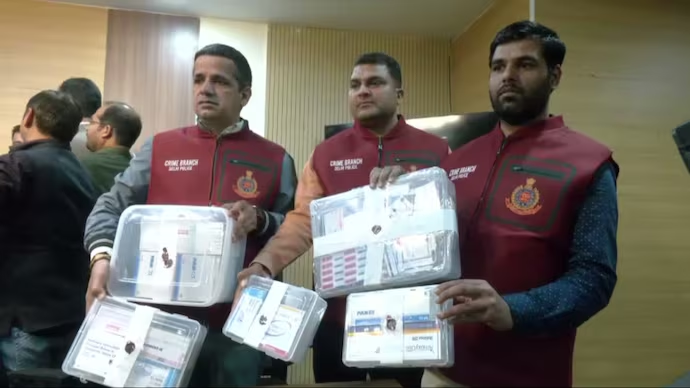Nishad Party Calls for National Memorial Status for Satti Chaura Ghat in Kanpur, Seeks Historical Recognition of 1857 Massacre
In a bid to honor and preserve the historical legacy of the Nishad community, the Nishad Party — a key ally of the Bharatiya Janata Party (BJP) in Uttar Pradesh — has put forth a formal demand to declare the Satti Chaura Ghat in Kanpur as a National Memorial.
The party made this call while observing what it has termed “Smriti aur Sankalp Diwas” (Day of Remembrance and Resolve), commemorating a tragic yet significant event from the year 1857.
According to the Nishad Party, during the first war of Indian independence in 1857, a brutal massacre took place at the Satti Chaura Ghat, where British colonial forces allegedly slaughtered a large number of people belonging to the Nishad community.
The party maintains that the ghat stands as a silent yet powerful witness to the valor and sacrifice of their ancestors, who they claim played a pivotal role in resisting British rule during the uprising.
Speaking at the commemorative event, Nishad Party president and Uttar Pradesh cabinet minister Sanjay Nishad delivered a passionate speech emphasizing the community’s long-overlooked contributions to India’s freedom struggle.
“The blood of our forefathers was shed on this sacred land, yet history has failed to acknowledge their sacrifices,” he said. “We will rewrite with our blood the chapters of history that have been ignored or erased from textbooks.
Satti Chaura Ghat is not just a site of massacre — it is a symbol of the first spark of revolution ignited by the Nishad community.”
Sanjay Nishad called upon the central government to officially recognize the ghat as a National Memorial, thereby granting it the historical status and preservation efforts it deserves.
He argued that such a step would not only pay tribute to the past but also instill pride and awareness among younger generations about their cultural and revolutionary heritage.
In addition to the call for memorial status, the Nishad Party also urged the inclusion of the Criminal Tribes Act of 1871 in the school curriculum.
The Act, introduced by the British colonial administration, labeled several communities — including the Nishads — as “criminal” by birth, leading to generations of stigma and systemic discrimination.
“It is essential that students learn about how colonial laws like the Criminal Tribes Act were used to oppress our people,” Sanjay Nishad said. “Our history must be taught, not forgotten. The youth must be made aware of the injustices inflicted on their ancestors so they can take pride in their identity and contributions.”
The demand is part of a larger movement by the Nishad Party to assert the community’s role in India’s historical narrative, a history they believe has been marginalized in mainstream accounts.
The party has consistently raised issues of representation, social justice, and historical recognition, especially in regions where the Nishad community has a strong demographic presence.
While the demand for National Memorial status has not yet received an official response from the central government or the Ministry of Culture, it has stirred conversations among political and academic circles about the need for a more inclusive and community-centered approach to commemorating India’s freedom struggle.
As the Nishad Party continues its push for historical recognition, Satti Chaura Ghat has once again become a focal point — not only of remembrance, but also of a renewed demand for justice, identity, and national acknowledgment.




